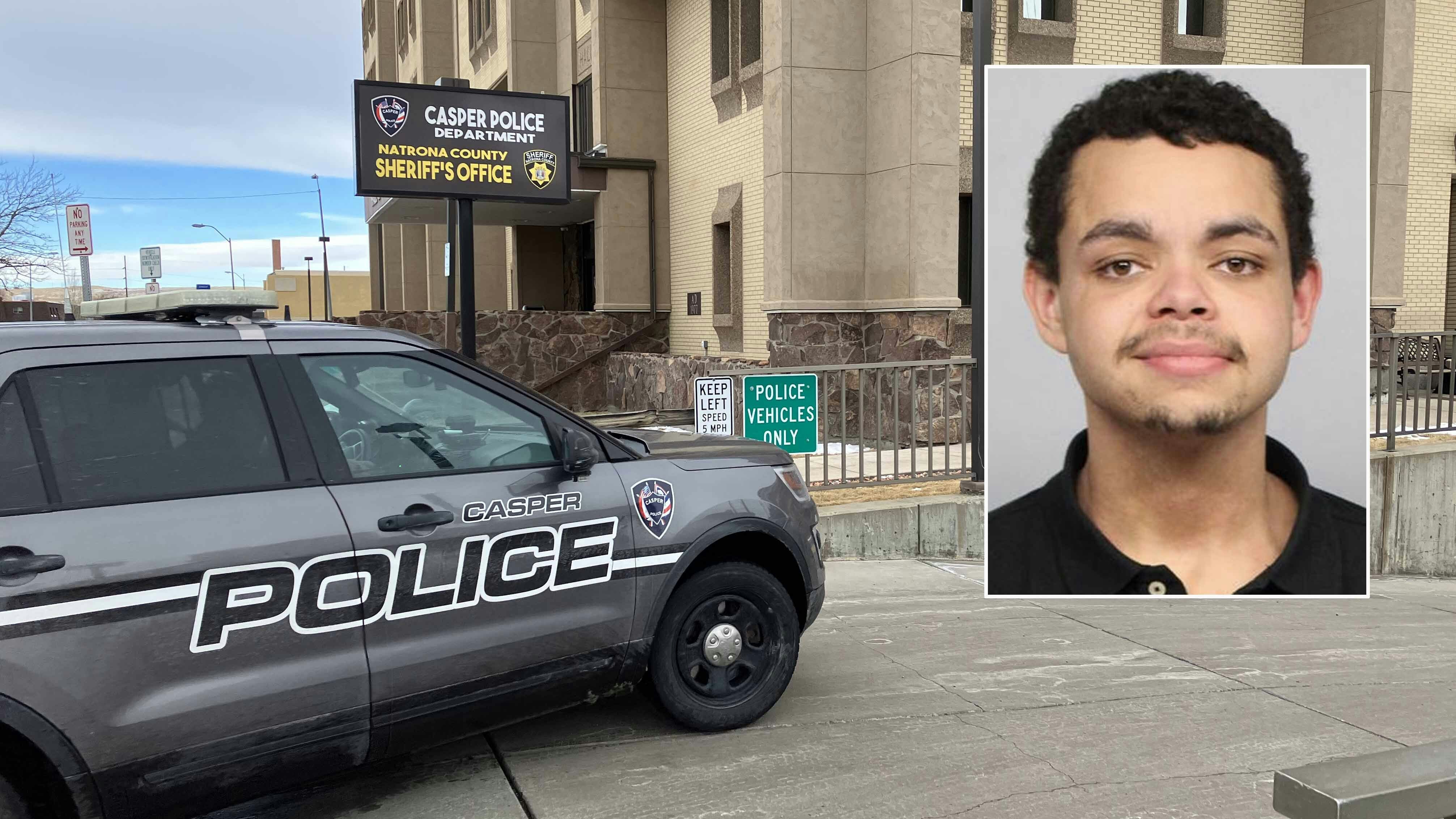Minnesota has become the 19th state to ban the “gay panic” defense in criminal cases, which is the trial argument that a defendant harmed someone upon a sudden shock and horror of learning the person is transgender or gay.
Wyoming’s laws don’t discuss this defense strategy at all, but the state’s history includes perhaps the most famous attempt at a “gay panic” trial in the nation – Aaron McKinney’s 1999 trial in the murder of Casper native Matthew Shepard, a gay University of Wyoming student.
Though most "gay panic" evidence wasn't allowed at trial, McKinney’s attorneys had presented a trial theory that McKinney – high on methamphetamine and fighting back the trauma of childhood sexual abuse – snapped the night of Oct 7, 1998, and beat Shepard to death.
It was an attempt to get the jury to convict McKinney of the lesser offense of manslaughter instead of the offense of second-degree murder of which he was ultimately convicted.
McKinney’s co-defendant Russell Henderson, who drove the truck to the murder scene and tied Shepard to the fence where he was beaten to death, pleaded guilty to kidnapping and murder and is serving a life sentence in prison.
Former Albany County Attorney Cal Rerucha, who was the lead prosecutor on the case, said the gay panic defense shouldn’t be allowed anywhere, and in fact, the judge who oversaw McKinney’s case kept significant portions of the defendant’s “gay panic” evidence from going to trial at all.
“Parts of it did come in,” Rerucha said, noting that McKinney’s attorneys were able to point to a prior incident in which Shepard had gotten punched by a man months before his death, for propositioning the man repeatedly.
McKinney had told police earlier in the case that Shepard propositioned him sexually.
“I think (that defense) should be banned,” said Rerucha, who characterized it as an unfitting excuse for violence.
Into The Facts
Rerucha also said the media has wrongly exaggerated McKinney’s own defense theory and overlooked what Rerucha and others now see as the more likely contributor to the awful violence Shepard suffered: methamphetamine.
Evidence of methamphetamine usage was a huge part of the trial too, but the media didn’t care as much about that at the time, Rerucha said.
He pointed to the 2013 book by gay journalist Stephen Jimenez, “The Book of Matt,” which essentially concludes that McKinney and Shepard knew each other before Shepard’s murder, they were sexually involved prior, and they were both involved in the methamphetamine trade.
“A lot of people didn’t appreciate (that book) because they don’t think it helps in what folks are trying to do in getting equal protection to all people regardless of race or sexual orientation,” said Rerucha.
Nevertheless, the book did “get to a lot of the facts” of the case.
“The (newspaper reporting of the case) just continued with a story that made headlines, rather than talking about all of the facts of the case,” he said.
Rerucha referred Cowboy State Daily to McKinney’s defense attorneys Jason Tangeman and Dion Custis, who are both still working as attorneys in Wyoming.
Neither responded by publication time to Cowboy State Daily requests for comment.
Rerucha added that he does support a federal law allowing for federal prosecution of hate crimes committed against gay victims.
Usually Doesn’t Work In Wyoming Anyway
Dallas Laird, a longtime attorney who served as Natrona County Public Defender starting in the 1970s, told Cowboy State Daily gay panic defenses don’t really work in Wyoming anyway.
State law doesn’t recognize it as a defense and judges typically won’t allow it, said Laird.
McKinney’s attempted strategy was an “interesting defense” intended to cast his crime as “killing by emotion” – or manslaughter, rather than as the more calculated crime of murder, he added.
Notably, it didn’t work.
Laird said the “gay panic” defense runs closely parallel to the insanity defense: the justification or excuse that a defendant wasn’t sane enough to form the intent to kill in his mind.
Insanity defenses are allowed and sometimes effective in Wyoming, he noted.
“Somebody I guess could argue that, ‘something triggered me and I went crazy and I had no control over myself,’” said Laird. “Then the issue is, well is that manslaughter or is that a complete defense? It’s all hypothetical.”
With insanity defenses, psychiatrists testify in court on whether the defendant could rationalize his conduct as wrongful with the mental capacity he had at the time of the crime.
But the most common and probably the most contoured defense in Wyoming’s laws – especially for murder – is self-defense. All but one of the killing acquittals Laird has won have been based on self-defense, he said, adding that the other one was an insanity acquittal.
“The Matthew Shepard case – those guys – they shouldn’t have killed that kid,” said Laird. “And their defense didn’t work.”
Clair McFarland can be reached at clair@cowboystatedaily.com.





